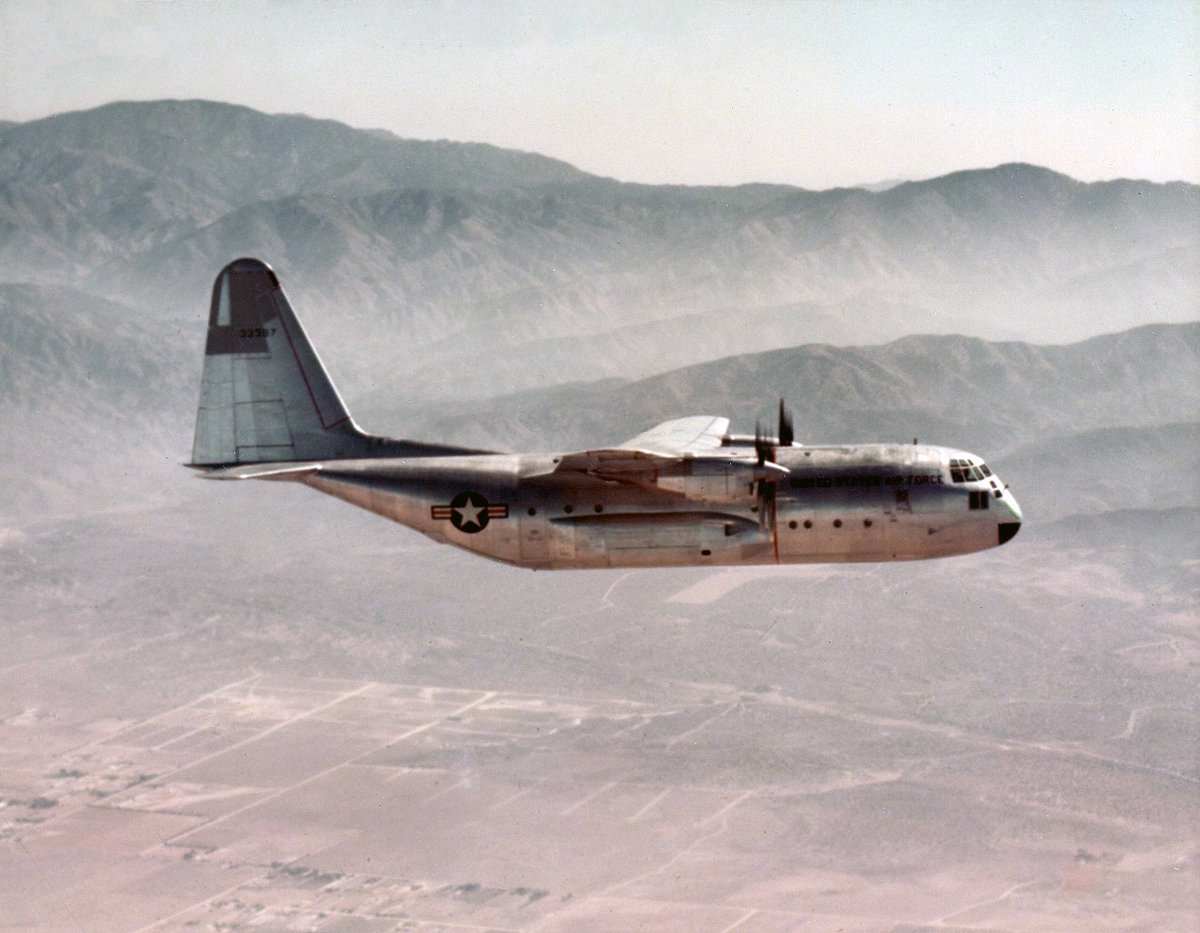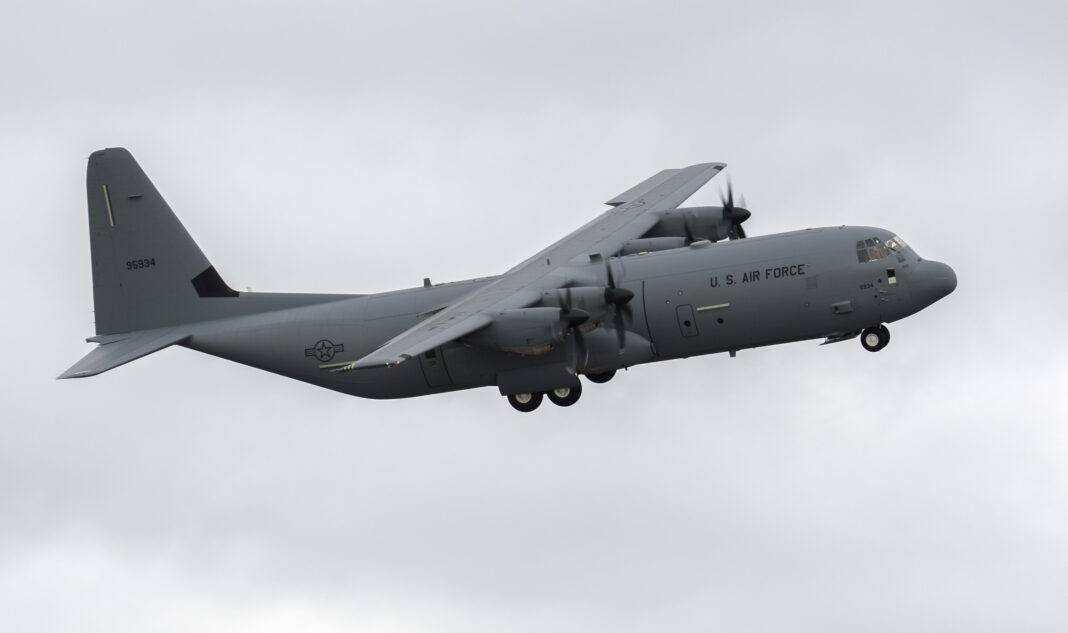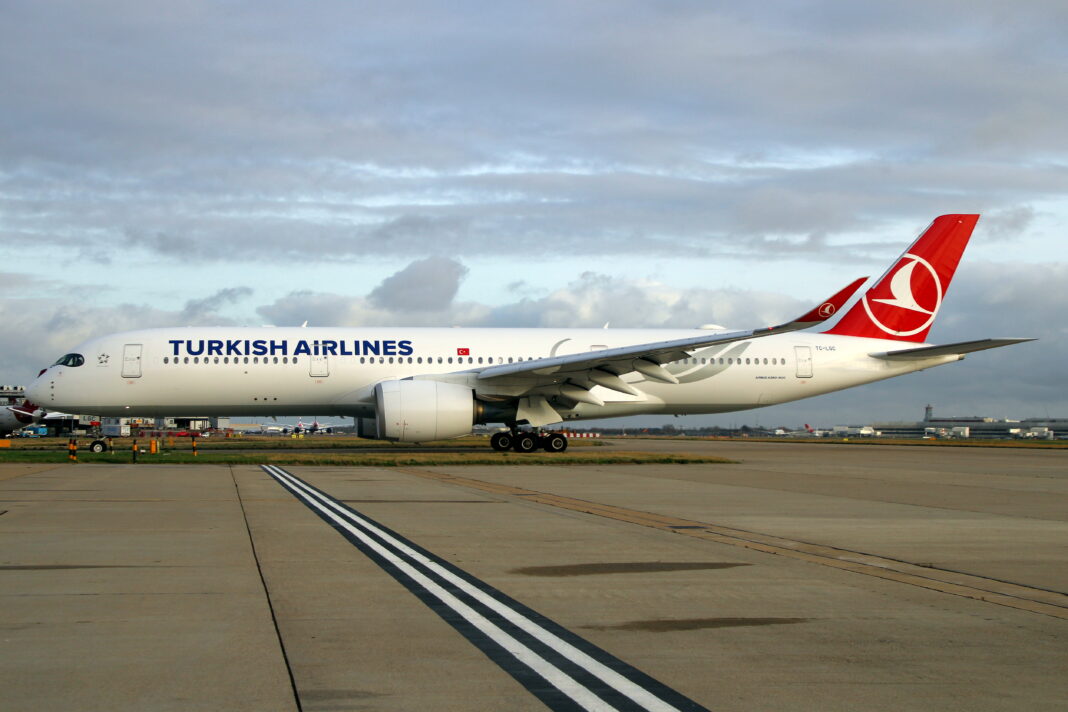A new milestone in this long and successful history was reached when the manufacturer announced the recent delivery of the 500th C-130J Super Hercules, the most modern version of this legendary transport aircraft.
Lockheed Martin reported that this Super Hercules (Lockheed Martin aircraft No. 5934) is a C-130J-30 aircraft assigned to the 130th Airlift Wing located at McLaughlin Air National Guard Base in Charleston, West Virginia. The 130th Airlift Wing is a long-time C-130 operator, currently modernizing its Hercules fleet with the addition of the C-130Js.
The U.S. government operates the largest fleet of C-130J Super Hercules in the world. This delivery represents the U.S. government’s continued transition to the C-130J as a common platform in the Air Force, Marine Corps and Coast Guard.
«This delivery represents the thousands of people — past and present — that design, build, fly, maintain and support C-130Js around the world,» said Rod McLean, vice president and general manager of Lockheed Martin’s Air Mobility & Maritime Missions (AMMM) line of business. «Like its namesake, the C-130J is a legend defined by its strength and power. Yet, it is the people who are part of the C-130J operator, production, supplier and industry partner communities who truly define the Super Hercules and helped the C-130J Program reach this monumental achievement.»
The C-130J Super Hercules is the current production model of the legendary C-130 Hercules aircraft. The worldwide C-130 fleet, the airlift choice of 26 operators in 22 nations, the global C-130 fleet has surpassed more than 2 million flight hours and holds more than 54 world records.
Defined by its versatility, the C-130J has 17 different mission configurations including transport (military and commercial), humanitarian aid delivery, firefighting, natural disaster support, medical evacuation, search and rescue, weather reconnaissance and aerial refueling, among several others.
As the most advanced C-130 ever produced, the C-130J-30 Super Hercules (which is 15 feet/4.6 m longer than legacy C-130 models) offers these enhancements and advancements compared to legacy models:
- 30% more passenger and cargo
- 50% more CDS packages
- 44% more paratroopers
- 30% reduction in crew reduction
- 14% improvement in fuel efficiency
- 20% improvement in payload/range capability
- Integrated defensive package
- Ability to open ramp/door up to 250 knots
- Automated maintenance fault reporting
- Unmatched situational awareness with digital avionics and dual HUDs

And what will be the future of the Hercules lineage, the C-130K, or will the Super Hercules be the end of the story that began in 1955? Time will tell, but everything seems to indicate that the Super Hercules is here to stay.






